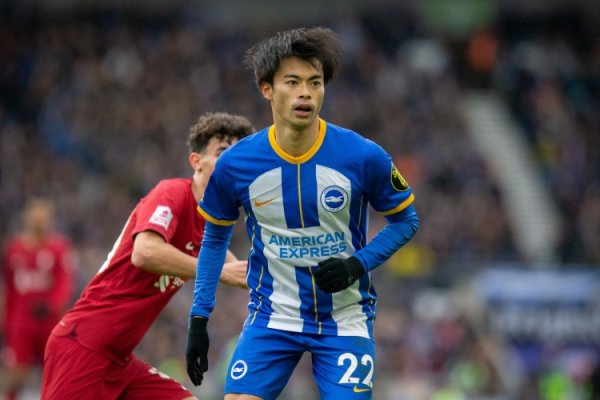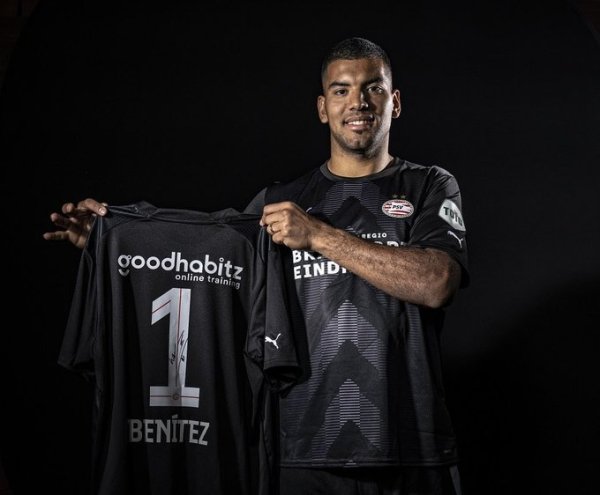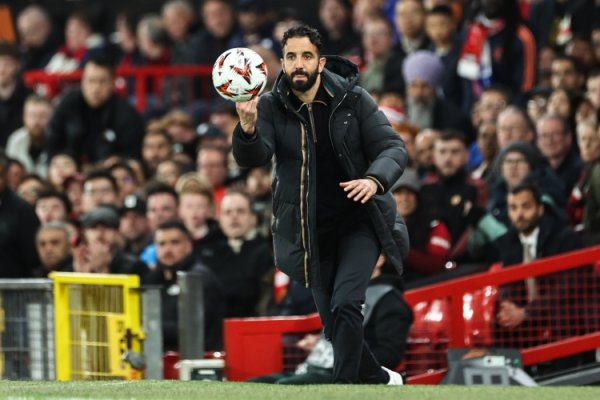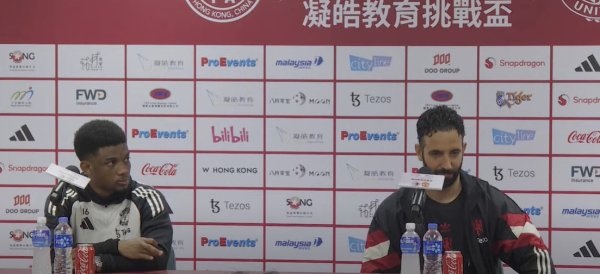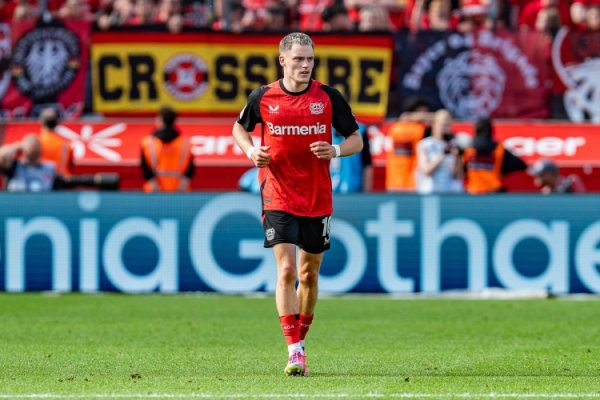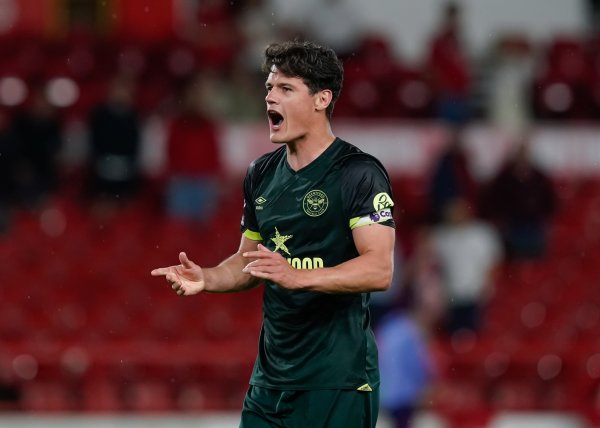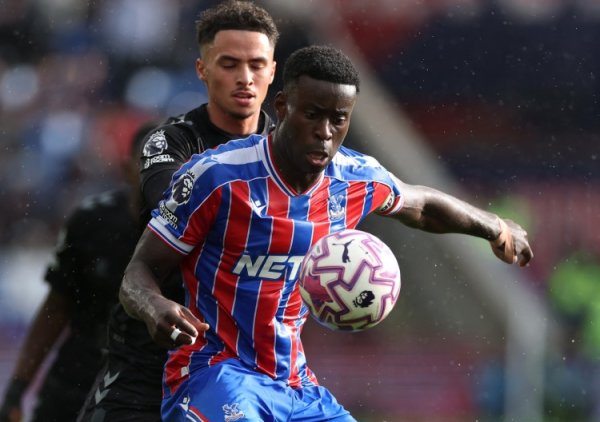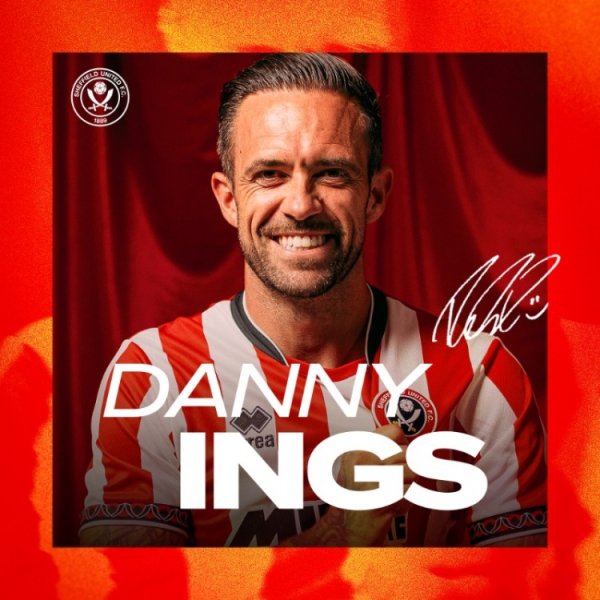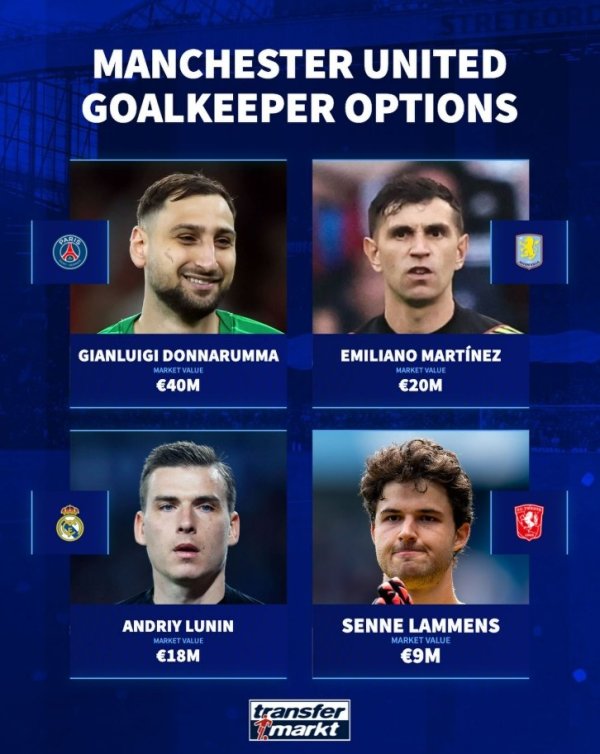Officials of the host city of the US World Cup: Pay close attention to the domestic situation and believe that all parties are in conversation
Officials of the City Council of the United States hosted by the United States World Cup, after a meeting in New York on Monday, Philadelphia Commission CEO Meg Kane answered the Guardian's questions about the possible impact of the recent actions of the U.S. Immigration and Customs Enforcement Agency on the holding of next year's World Cup.
"Something has happened recently at the national and international levels, and geopolitical issues that we do not know yet may appear in the future, which will affect the event next year. Therefore, we recognize that we will plan in uncertainty and we have to maintain good operations in this uncertainty, although there are some situations that we need to keep a close eye on... The Trump administration has always given great support for hosting the World Cup, whether in his second or first term, we can recognize the importance of the World Cup in enhancing the national image when signing the letter of intent."
The City Council of the United States World Cup hosting said it will focus on potential issues for fans in terms of transportation, accommodation and safety. The people in charge said they wanted to provide a friendly environment for all visitors coming to watch the World Cup, but they were somewhat shy when asked how to deal with the contradiction between the severe immigration crackdown and travel ban. "We are all paying attention and monitoring the situation in real time, and I think our goal remains to provide a conceptual experience and work with local governments and public safety officials to ensure we can prepare for a safe and secure event within a year," said Jason Krutzsch, Meg Kane, vice chairman of the Los Angeles Commission. The heads of other World Cup host cities, including Crutzsch, Meg Kane, also said they believe that FIFA and the federal government are discussing the issue, and the final decision is up to them. "I think there is a dialogue between the federal government and FIFA people, and they are still welcoming the world, and our responsibility is not to comment on it," said Mike Loind, chairman of the Boston host city committee. "We allow FIFA to continue to have constructive dialogue with governments on issues such as visas, labor and tourism, and prepare for everything that is coming to make sure it will be a great event because it is also the mission of the World Cup host city."


